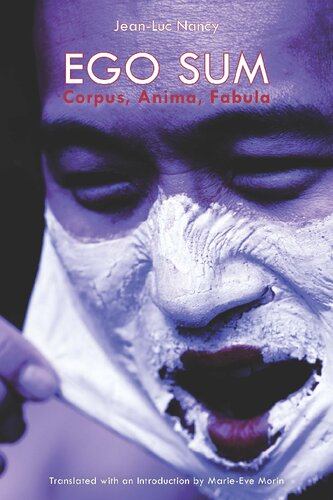

Most ebook files are in PDF format, so you can easily read them using various software such as Foxit Reader or directly on the Google Chrome browser.
Some ebook files are released by publishers in other formats such as .awz, .mobi, .epub, .fb2, etc. You may need to install specific software to read these formats on mobile/PC, such as Calibre.
Please read the tutorial at this link: https://ebookbell.com/faq
We offer FREE conversion to the popular formats you request; however, this may take some time. Therefore, right after payment, please email us, and we will try to provide the service as quickly as possible.
For some exceptional file formats or broken links (if any), please refrain from opening any disputes. Instead, email us first, and we will try to assist within a maximum of 6 hours.
EbookBell Team

0.0
0 reviewsFirst published in 1979 but never available in English until now, Ego Sum challenges, through a careful and unprecedented reading of Descartes’s writings, the picture of Descartes as the father of modern philosophy: the thinker who founded the edifice of knowledge on the absolute self-certainty of a Subject fully transparent to itself. While other theoretical discourses, such as psychoanalysis, have also attempted to subvert this Subject, Nancy shows how they always inadvertently reconstituted the Subject they were trying to leave behind.
Nancy’s wager is that, at the moment of modern subjectivity’s founding, a foundation that always already included all the possibilities of its own exhaustion, another thought of “the subject” is possible. By paying attention to the mode of presentation of Descartes’s subject, to the masks, portraits, feints, and fables that
populate his writings, Jean-Luc Nancy shows how Descartes’s ego is not the Subject of metaphysics but a mouth that spaces itself out and distinguishes itself.